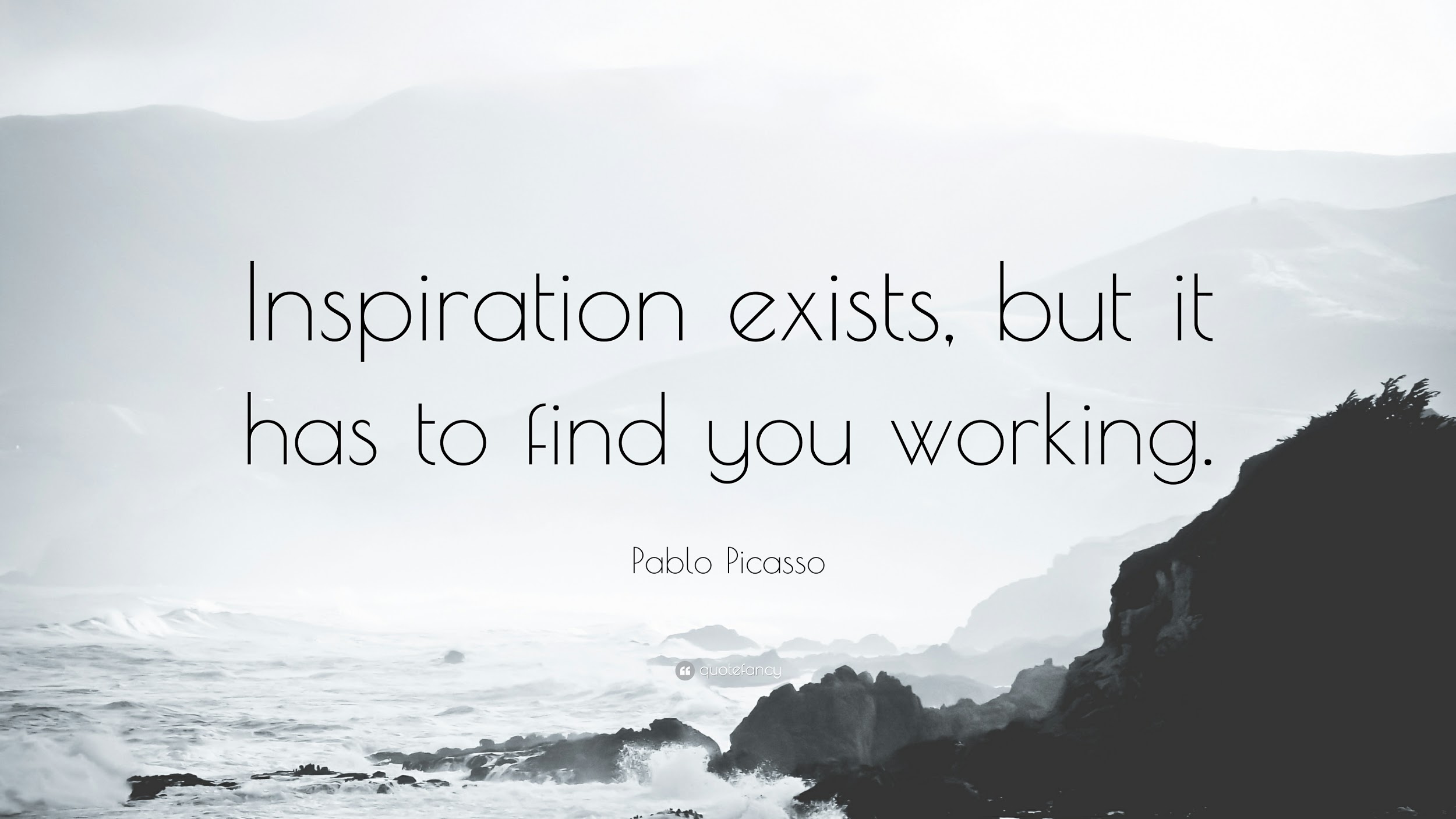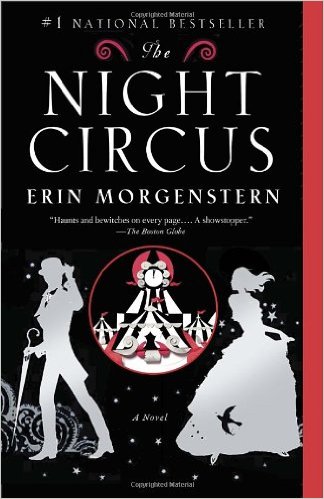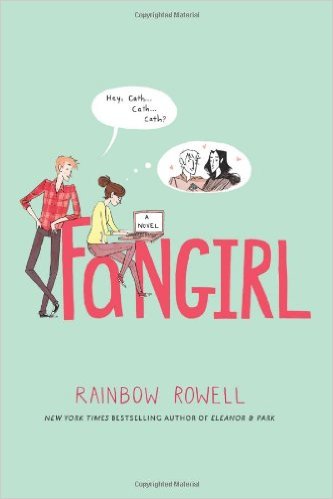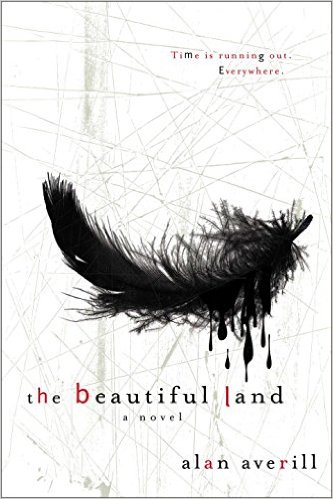Writing a Novel in a Month: Is It Possible and Should You Try?

Have you ever considered writing a novel in one month?
It’s an interesting idea, right? By this time next month, you could have the next great American novel, or at least a good start. But is it even possible to write a novel in 30 days or less? Should you even attempt it?
In today’s post, we’re tackling all those questions and more. Let’s get started!
Would you like our favorite tips for writing a book in 30 days? Subscribe to receive this extra resource.
Is It Possible?
It’s definitely possible. In fact, if you’ve ever heard of the wildly popular National Novel Writing Month (NaNoWriMo, for short), you know that countless writers have gone on to create epic (and published) novels in the span of 30 days.
When you break it down, you’re actually writing less than 3,000 words per day, depending on the size of your novel. If you’re aiming for a really short novel (around 50,000 words), you’ll write approximately 1600 words per day. If you’re writing an industry standard length novel (around 80,000 words), you’ll increase your daily limit to about 2,600 words per day.
Of course, you can write more than your limit, but it’s best to never dip below that. Then you’ll find yourself having to play catch-up, and that’s never fun.
Did you know that Stephen King writes 2,000 words every day (even on his birthday)? If he can do it, so can you—at least for 30 days. It’s time to get your Stephen King on, and here’s why:
The Pros of Writing a Novel in One Month
So, what are the pros of writing a humongous novel in just 30 days?
+You’ve actually written an entire book in one month
Hooray! You can now proudly proclaim, I’ve written a novel!
At the end of 30 days, you’ll have a great sense of accomplishment. I can’t imagine that climbing Mt. Everest is more thrilling than actually completing a novel—especially since you’re doing it in half the time.
+You’ll ignore your excuses
Excuses like these:
- I’m not inspired.
- I have writer’s block.
- I can’t think of what to do next.
- What if my story isn’t good enough?
Insert anything you tell yourself to justify not putting pen to paper.
Here’s the thing about inspiration: it generally comes after you start writing.

When you enforce a strict timeline on yourself, you’ll be too busy to wait for the exact moment of inspiration. You’ll start writing and then meet it along the way.
+It hones your writing skills
Writing, just like any other skill, gets better the more you do it. What better way to exercise than with high intensity training, such as writing 50,000 words in a 30 day period? You’ll improve your writing skills just by virtue of constantly writing.
+You get used to the habit of writing daily
By the end of 30 days, you’ll be able to teach a monk a thing or two about self-discipline. Writing every day is a great habit to have as a writer. It puts you in the “creating” mindframe. You’ll teach yourself how to just sit down and write—which is harder than it looks!
+You can write the whole
My writing teacher always taught us to “write the whole”. In other words, don’t edit yourself and write more than you probably should about the story. Then, during the editing process, you’ll have so much more to work with in creating the story. You won’t have to insert—you’ll only have to worry about taking away.
The benefit of writing a novel in one month is that you can allow yourself to get carried away. Plus, it’s so much easier to follow your tangents when you know that they count towards your daily word limit.
The Cons of Writing a Novel in One Month
Of course, writing a novel in one month isn’t for everyone. Here’s some things you should definitely consider before diving into the deep end.
-It’s a huge time commitment
You thought you had no social life before? That’s cute. Get ready for full-blown hermit status. By that, I mean hunched over your computer screen for hours on end, forgetting to eat, and barely acknowledging your friends and family.
If you have a day job, you’ll have even less time to write, which means the time that you currently devote to your friends and family (and yourself) is gone—long gone. Your only friend now is the blinking cursor.
It’s only for 30 days, but that’s an entire month out of your life that you’ll never get back. That’s why you make it count (no pressure).
-Burn out is real
After you’ve written your novel, you won’t want to look at another word for a long time. You may even suffer from creativity fatigue. This happens when you’re constantly calling upon yourself to find new ideas (without replenishing these ideas because you don’t have time to do anything but write).
-There’s no time to edit periodically
Many writers choose to edit their novels periodically as they’re writing. It’s common to come to the end of a chapter and then go back and edit it for clarity and cohesion. This is called editing as you go, and it’s popular because it provides you the ability to shape aspects of the story while it’s still fresh in your mind.
However, with such strict time constraints, you won’t be able to edit as you go. Out of necessity, you’ll have to wait until the end to begin editing.
Now, this is only a minor con because all novels (good novels) go through various edits, but if you’re accustomed to working on the clay while it’s still wet, it’ll be difficult to adjust to this type of editing schedule.
-You will cringe
So, the clay is dry now. You’ve finished your novel, and it’s time to read what you’ve written. Brace yourself, you will cringe hard. There’s no getting around it. Your novel-in-a-month is, at best, a rough draft.
But, cringing is part of the writing experience. You may surprise yourself and actually enjoy most of what you’ve written.
By the way, before you read back, take a break. This break can be anything from a few days to a week. It’ll allow you to come back and see your writing with fresh eyes.
-There’s a lot to edit
Once you get past the cringing, you’ll start to see the diamonds in the rough—these are the places that can be polished to create a killer story. That’s the whole point of writing a novel in a month: creating a valid and engaging story. But that doesn’t mean it doesn’t need to be edited.
If you’re writing 50,000 words with a 30 day deadline, you will have to edit. You’ll need to sort through lots of stuff to get to the core of your real story. And that may take much longer than it took to actually write the novel. Plus, you may end up rewriting the whole thing.
Best Practices
If you’re planning to write a novel in one month, here are my favorite tips:
Start With a Plan
While some writers can just start writing without giving much thought to story ideas, outlines, or characters, that’s never worked for me. I find it’s so much better to start with a plan—especially when you need to write a cohesive novel in 30 days. Here is a rough idea of what to include in your plan:
- Create a general outline of what you’d like the story to be about.
- Sketch out the protagonist and a few of the main characters.
Of course, you can delve even deeper. You can outline how many chapters you’d like to write and what happens in each chapter. You can also create character bibles to help you as you start creating the story.
Have a Notebook/ System to Capture Ideas
Ideas strike at the craziest times. You can’t follow every rainbow when you have self-imposed time constraints. Instead of going crazy trying to remember those ideas (and failing), keep a notebook by your desk to jot down ideas, thoughts, and inspirations as they come to you.
Set a Daily Word Limit
We’ve discussed this before, but it bears repeating. Set a daily word limit and try to go over that limit each time.
Alternatively, a weekly word limit may work better for you—especially if you can’t write for the same amount of hours every day of the week (for example, you may have a full time job but be free on the weekends).
Turn Off Your Internal Editor
Writing a novel in 30 days is akin to jumping hurdles. When you stumble at one hurdle, you’ve lost a lot of time that you may not be able to make up.
Hurdles include misspelled words and poor word choice. These are small issues that can easily be cleared up in the editing process, but disrupt and derail us when we write.
Turn that editor off, both in your mind and on your word processor, and write freely without the distraction of squiggly red lines.
Inspiration
Need some inspiration before you go? The following novels were all written (or at least originally drafted) in 30 days, and now they’re best selling, highly rated, amazing novels.

The Night Circus, by Erin Morgenstern (Image Courtesy of Amazon)

Fangirl: A Novel, by Rainbow Rowell (Image Courtesy of Amazon)

The Beautiful Land, by Alan Averill (Image Courtesy of Amazon)
Would you like our favorite tips for writing a book in 30 days? Subscribe to receive this extra resource.
Should You Try It?
I take the “why not?” approach. You may just like it. I believe the pros far outweigh the cons, and it can benefit you. The most compelling reason to go for it is that you’ll finally publish your thoughts onto paper. You’ll have something tangible to polish and make shine. So yes, go for it! And then let us know how it worked for you.




